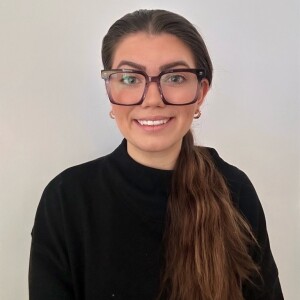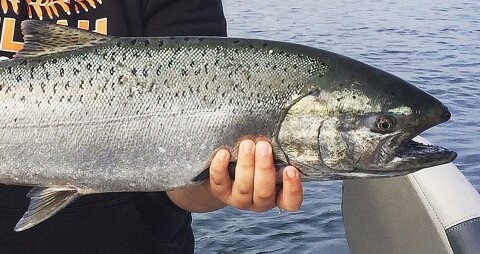The Oregon Spend Plan will designate over $7 million in disaster funding for commercial fishermen, processors, and others in the fishing community after the salmon fishery’s value declined by millions between 2017 and 2020. The relief is now ready for public review. The disaster funds are in response to the 2021 disaster declaration for the fishery for 2018, 2019, and 2020.
In Oct. 2021, Oregon’s then-Governor Brown submitted a meticulous request to the U.S. Secretary of Commerce for a catastrophic regional fishery disaster declaration under section 315 of the Magnuson-Stevens Management Act. The request was based on a comprehensive analysis of the poor performance of Oregon's Ocean commercial salmon fisheries south of Cape Falcon, which resulted from reduced allowable catches of Klamath and Sacramento fall Chinook, anomalous ocean conditions, and spatial shifts in ocean distribution of these migratory species.
Finally, on Oct. 10, 2023, the Secretary of Commerce decided on eligibility for the 2018-2020 Oregon ocean chinook salmon fishery. The funds were appropriated through the 2023 Disaster Relief Supplemental Appropriations Act. The funds are intended to be used for activities that restore the fishery or prevent a similar failure in the future and assist fishing communities affected by such failure.
This week, the Oregon delegation officially announced the federal funding distributions to support the state’s fisheries, industries, subsistence users, and fishing communities.
“Oregon’s fishing industry is essential to our state’s economy and creates good-paying jobs our communities rely on,” shared Senator Merkley. The Oregon delegation pushed for this federal disaster declaration to help our fishermen who are recovering from the significant economic toll of declining salmon populations. This $7 million in federal funding now available for our fishermen further cements our commitment to investing in the long-term recovery of Oregon’s coastal communities.”
NOAA Fisheries and the Pacific States Marine Fisheries Commission reviewed the plan. NOAA strongly recommends that recipients use these funds to strengthen the fishery's long-term economic and environmental sustainability, such as habitat restoration, research, state-run buybacks, job retention, and fishery-related infrastructure. The Oregon Department of Fish and Wildlife worked directly with industry representatives and affected businesses to draft the spending plan for the distribution by a May due date.
U.S. Representative Earl Blumenauer stated, “It’s impossible to overstate the value of salmon to Oregon. This federal disaster declaration will be a lifeline for Oregon’s fishing communities. As we continue to push to restore healthy and abundant salmon populations, it is also an important step forward for the federal government to honor its treaty obligations with Pacific Northwest tribes.”
Eligible applicants will certify, through affidavit and documentation, their loss of revenues for their fishery-related businesses due to the 2018-2020 Oregon commercial Chinook salmon disaster compared to average revenue for the five prior years, 2011-2015, where a salmon disaster did not occur. Applicants must have landed or bought Chinook salmon in at least one of the years between 2018-2020 and must be a business based in Oregon. Commercial harvesters must possess an Oregon troll salmon permit and must have participated in the Oregon troll fishery for at least one year between 2018 and 2020.
To find more information on the disaster relief, click here.







